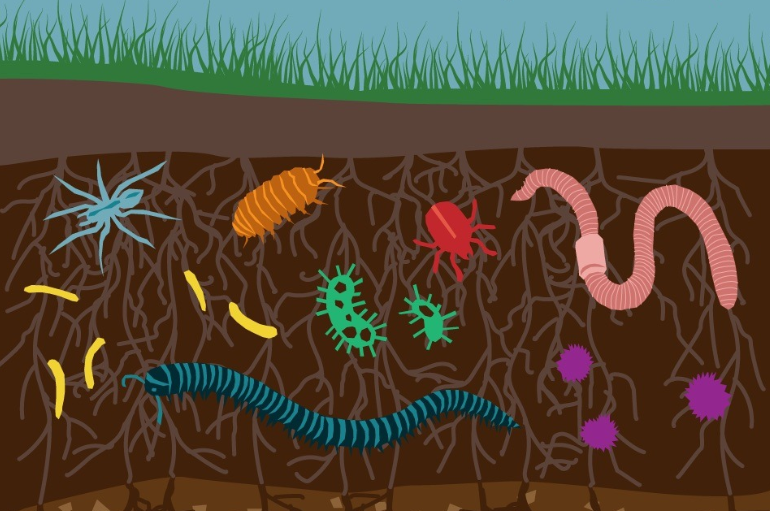Hi Laura,
that’s a great question.
Firstly, oxygen is definitely needed in the soil for respiring microbiology and plants but we need both good oxygenation and restricted oxygen environments in our soils to support different microbe groups and processes. This happens with good soil aggregation, where air flows freely between the gaps of, but not so much into, soil aggregates.
Secondly, the amount of energy in our soils is in a state of flux as energy is generated and used. We must ensure that sufficient energy in the form of carbohydrate’s are being generated by plant photosynthesis to fuel good aerobic activity.
In this case, it’s not really the excess oxygen that’s the root of the problem, it’s the lack of carbohydrate production and we need to try and improve the situation with better plant cover, diversity, growth etc… this is essentially a reduction process which is the opposite of oxidation I.e. energy gain instead of loss.
What we also need to do is minimise the amount of wasteful oxidation that occurs through practices such as tillage, bare fallow etc…that result in the burning of organic matter (stored energy) that is exposed to excessive oxygen and heat/sunlight, for no biological gain.
in summation, with things like excess cultivation, overgrazing, herbicide use, lack of adequate plant cover etc… our soils are are subject to wasteful oxidation and low energy supply.
To strike a balance, we need to make sure organic matter is being produced at a similar or greater rate to what it is being used or else the system starts to go South – organic matter declines, aggregation isn’t maintained, plant growth is compromised, microbial activity subsides and so on.


